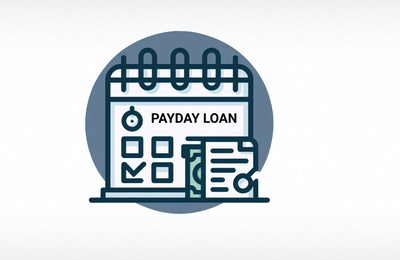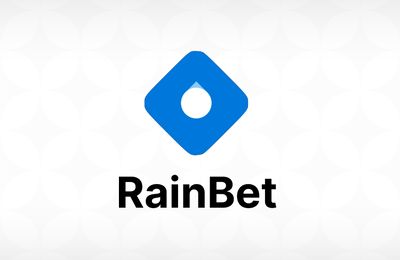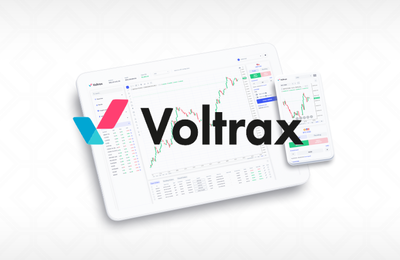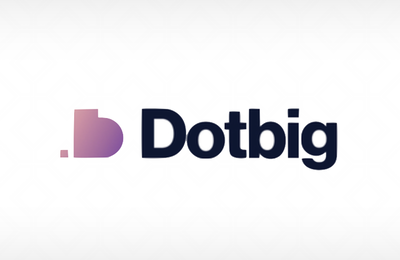
The world of finance has been dramatically transformed by the advent of cryptocurrency. This digital or virtual form of currency uses cryptography for security, making it nearly impossible to counterfeit. The decentralized nature of blockchain technology – the backbone of most cryptocurrencies – presents a new frontier in the financial world. As the popularity of cryptocurrencies like Bitcoin, Ethereum, and others continues to grow, so does the interest in trading and investing in these digital assets.
Cryptocurrency trading has become a global phenomenon, attracting individuals from various backgrounds and skill levels. Unlike traditional financial markets, the crypto market operates 24/7, offering continuous opportunities for traders. This new landscape of digital finance is not only lucrative but also incredibly volatile, requiring a unique set of skills for successful navigation.
The surge in crypto trading interest has led many students and young professionals to seek education in this field. They often find themselves thinking, «I need someone to do my assignment for me while I learn about crypto trading.» This highlights a growing trend where higher education is not just about traditional academic pursuits but also about equipping students with practical, real-world skills – in this case, those needed for proficient cryptocurrency trading.
Understanding Cryptocurrency and Blockchain Technology
The foundation of crypto trading skills lies in a thorough understanding of cryptocurrency and blockchain technology. Higher education institutions are beginning to recognize this and are offering courses that delve deep into these subjects. These courses cover the basics of blockchain technology, the mechanics of cryptocurrencies, and the underlying principles that govern their operation.
A solid grasp of blockchain technology is crucial for anyone looking to excel in crypto trading. Blockchain is not just the technology behind cryptocurrencies but also a revolutionary approach to data management and security. Understanding how blockchain works, its advantages and its limitations can provide traders with a deeper insight into the market dynamics of cryptocurrencies.
Moreover, higher education courses on cryptocurrency often explore the history and evolution of digital currencies. This historical perspective is vital for understanding current trends and future potentials. It helps students appreciate the nuances of cryptocurrency trading, including market sentiment, regulatory impacts, and the influence of global economic events.

Analytical Skills and Market Analysis
Successful crypto trading requires strong analytical skills. Higher education institutions are now incorporating data analysis, market trends, and financial theories into their curriculum to prepare students for the complex world of cryptocurrency trading. These skills are essential for making informed trading decisions based on market data and trends.
Technical analysis is a key component of crypto trading. Students learn to analyze price charts, identify patterns, and understand market indicators. This technical approach to trading helps in predicting future market movements based on historical data. It’s a skill that requires both intuition and a deep understanding of market mechanics.
Fundamental analysis is another critical aspect taught in these courses. It involves evaluating the intrinsic value of a cryptocurrency based on economic, financial, and other qualitative and quantitative factors. Understanding the fundamentals behind cryptocurrencies can aid traders in identifying long-term value and potential investment opportunities.
Risk Management in Crypto Trading
One of the most important aspects of crypto trading that higher education can impart is risk management. The volatile nature of the crypto market makes it a high-risk investment platform. Educational courses focus on teaching students how to manage and mitigate these risks effectively.
Risk management in crypto trading involves setting clear goals, understanding your risk tolerance, and using strategies to minimize potential losses. This includes learning about diversification, setting stop-loss orders, and not overexposing oneself to market fluctuations. Proper risk management can mean the difference between sustained success and significant losses in crypto trading.
Students are also taught the importance of staying updated with global news and regulatory changes that can impact the crypto market. Being aware of these external factors and knowing how to adjust trading strategies accordingly is crucial in managing risk in the volatile world of cryptocurrency.

Incorporating Practical Experience in Learning
A crucial component of learning about crypto trading in higher education is the practical application of theoretical knowledge. This can be achieved through simulated trading environments, internships, or project-based learning. These practical experiences allow students to apply their knowledge in real-world scenarios, honing their skills in a controlled and supervised environment.
Many universities now offer simulation platforms where students can practice trading without financial risk. These platforms often mimic real market conditions, providing an invaluable learning tool. Students can experiment with different trading strategies, get a feel for market dynamics, and learn from their mistakes without fearing actual financial loss.
Internships with financial firms or crypto trading companies are another way for students to gain practical experience. These internships can offer insights into the workings of the market, trading strategies, and the tools and technologies used in the industry. They also provide networking opportunities and potential job prospects post-graduation.
Final Thoughts
As cryptocurrency continues to gain mainstream acceptance, the role of higher education in developing crypto trading skills becomes increasingly vital. Universities and colleges are uniquely positioned to provide a structured, comprehensive learning environment that combines theoretical knowledge with practical trading skills.
For students looking to venture into the world of crypto trading, pursuing relevant courses can be a game-changer. These educational programs not only offer the necessary knowledge and skills but also provide a safer environment to experiment and learn from mistakes without the high stakes of the real market.
In conclusion, the journey into crypto trading is as exciting as it is challenging. With the right educational background, students can equip themselves with the tools needed for successful trading. Higher education plays a pivotal role in shaping the next generation of crypto traders, offering a blend of knowledge, practical skills, and critical thinking necessary to navigate this dynamic field.















